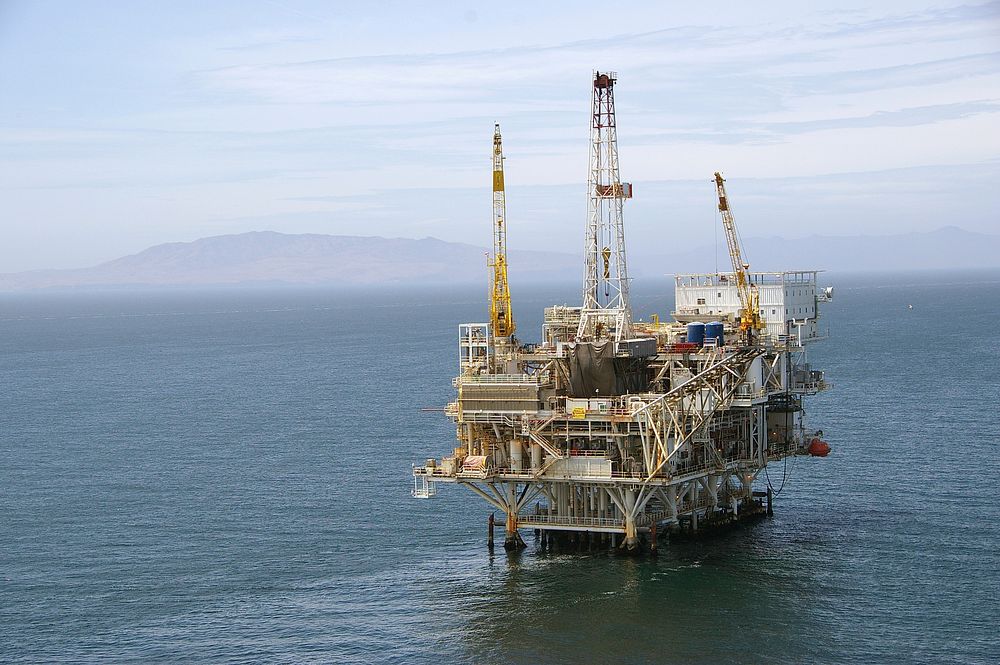Content:
Overview: Oil markets experienced a decline on Monday in the wake of Iran’s retaliatory strike on Israel over the weekend. The incident has instigated concerns about potential disruptions to global supply chains and the consequent impact on oil prices.

Key Points:
- Brent crude, a prominent benchmark for international oil prices, witnessed a decrease, although it remained close to the $90 per barrel mark.
- Prior to the attack, oil prices had surged, with Brent crude nearing a six-month high last week in anticipation of actions from Iran.
- The global economy is sensitive to fluctuations in oil prices, which can influence various sectors due to the widespread reliance on oil for fuel and energy production.
- During Russia’s invasion of Ukraine in 2022, oil prices skyrocketed to $120 a barrel, triggering inflationary pressures worldwide.
- The recent escalation in the Middle East has reignited concerns about potential disruptions to oil supplies and subsequent price volatility.
Impact of Iran’s Actions:
- Analysts emphasize the significance of Israel’s response to Iran’s attack in determining future market trends.
- Israeli Defence Minister Yoav Gallant’s assertion that the conflict with Iran is ongoing underscores the potential for further geopolitical tensions.
Market Reaction:
- Following the attack, Brent crude retreated from its recent high of $92.18 to approximately $89.50 per barrel.
- Gold prices, typically regarded as a safe haven during periods of uncertainty, also experienced a decline after reaching a record high on Friday.
Expert Insights:
- Energy analyst Vandana Hari suggests that the oil market’s reaction indicates a perceived absence of immediate supply threats.
- Peter McGuire from XM.com predicts ongoing volatility in the energy market and anticipates a surge in oil prices if Israel responds assertively.
- April LaRusse, head of investment at Insight Investment, anticipates sideways trading until further developments emerge.
- Russ Mould, investment director at AJ Bell, highlights investor apprehension and the potential for escalating energy prices amidst geopolitical uncertainties.
Regional Impact:
- Share markets in the Asia-Pacific region and the UK’s FTSE 100 index exhibited marginal declines as investors evaluated the implications of the attack.
- The situation underscores the broader economic implications of geopolitical tensions in the Middle East, particularly concerning energy prices and inflation.
Oil Supply Concerns:
- Analysts highlight the significance of the Strait of Hormuz, a critical shipping route for global oil supplies, and express concerns about potential disruptions to oil shipments in the region.
- OPEC members, including Iran, rely heavily on the Strait for oil exports, emphasizing its strategic importance in global energy markets.
Conclusion: The recent escalation in tensions between Iran and Israel has triggered market volatility, prompting concerns about potential disruptions to oil supplies and subsequent inflationary pressures. Analysts continue to monitor developments in the region closely, emphasizing the importance of geopolitical stability in ensuring energy market stability.
| Country | Oil Production (Million Barrels/Day) | Oil Consumption (Million Barrels/Day) |
|---|---|---|
| United States | 12.0 | 20.5 |
| Saudi Arabia | 11.0 | 3.9 |
| Russia | 10.8 | 3.2 |
| Canada | 5.5 | 2.4 |
| China | 4.8 | 14.0 |
| Iraq | 4.5 | 0.9 |
| United Arab Emirates | 3.8 | 0.8 |
| Brazil | 3.2 | 3.1 |
| Iran | 2.8 | 1.8 |
| India | 1.8 | 5.0 |
This data provides insights into the oil production and consumption trends in major oil-producing and oil-consuming countries, offering a glimpse into their respective roles in the global oil market.









Leave a Reply